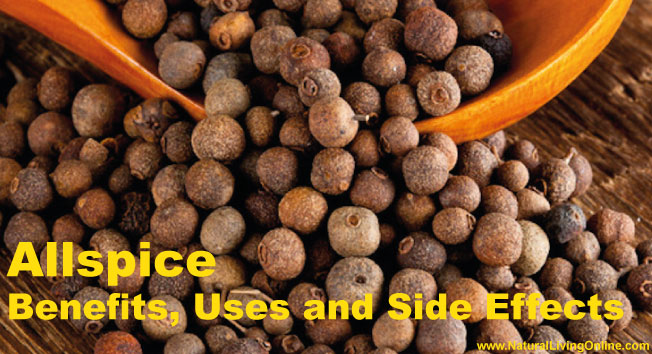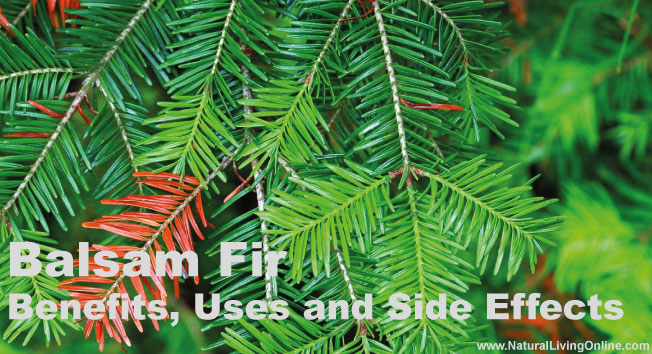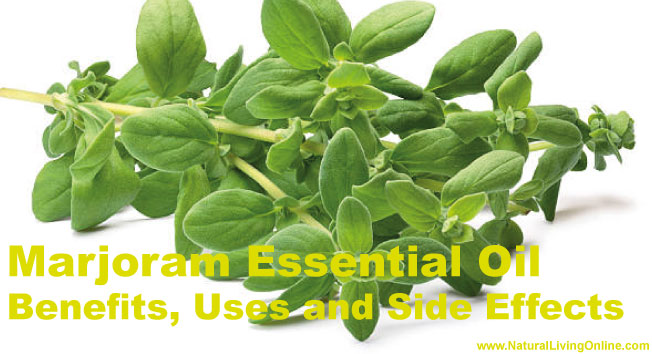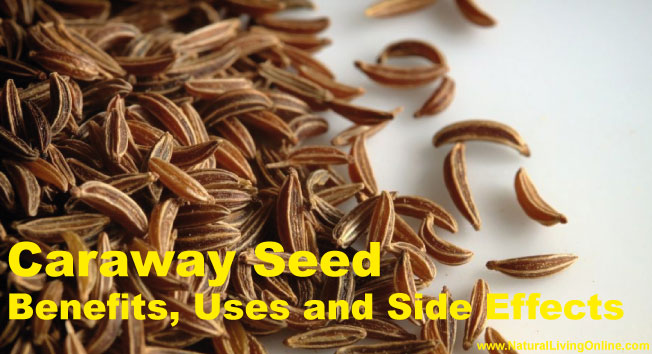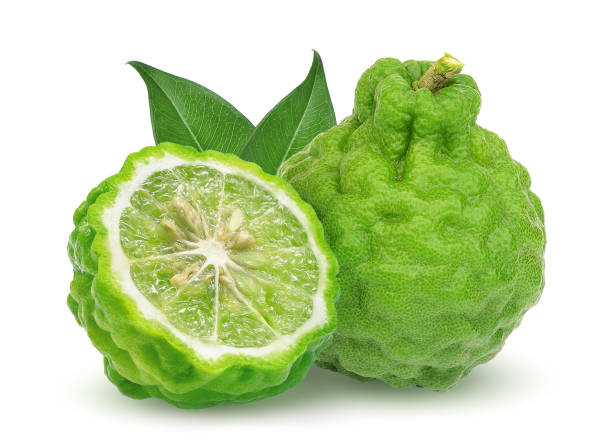Allspice is a powerful essential oil that has many benefits and uses. It is made from the dried, unripened fruit of the Pimenta dioica plant, which is native to Jamaica. The essential oil is extracted from the berries by steam distillation. Allspice has a warm, woody scent that is reminiscent of cloves, cinnamon and nutmeg.
What is Allspice?
Allspice is a powerful essential oil that has many benefits and uses. It is made from the dried, unripened fruit of the Pimenta dioica plant, which is native to Jamaica. The essential oil is extracted from the berries by steam distillation. Allspice has a warm, woody scent that is reminiscent of cloves, cinnamon and nutmeg.
How many different types of Allspice essential oils are there?
There are two main types of Allspice essential oils: Jamaican Allspice (Pimenta dioica) and Bayberry (Myrica cerifera). Jamaican Allspice is the most popular type of Allspice essential oil and it has a sweeter, more spicy scent. Bayberry Allspice essential oil has a more earthy, musky scent.
How Allspice essential oil is made?
Allspice essential oil is extracted from the dried berries of the Pimenta dioica plant by steam distillation. The berries are first crushed and then placed in a still with water. The still is heated until the water boils and the steam rises through the berries. The steam condenses into a liquid and this liquid is then collected and cooled to create the Allspice essential oil.
What is the botanical name of Allspice?
The botanical name for Allspice is Pimenta dioica. It is also sometimes known as Jamaican pepper, myrtle pepper or pimento.
What is the chemical composition of Allspice essential oil?
The main chemical components of Allspice essential oil are eugenol, methyl eugenol and caryophyllene. Eugenol is a compound that gives Allspice its characteristic warm, spicy scent. Methyl eugenol is another compound that gives Allspice its sweet, floral aroma. Caryophyllene is a compound that gives Allspice its woody, earthy scent.
What are the benefits of using Allspice essential oil?
Allspice essential oil has many benefits. It can be used to relieve pain, improve circulation, reduce inflammation, boost immunity, relieve stress and promote relaxation. Allspice essential oil is also a powerful antiseptic and can be used to treat wounds and infections.
Allspice has potential cancer fighting properties.
Study
What are ways to use Allspice essential oil?
Allspice essential oil can be used in many different ways. It can be diffused, inhaled or applied topically. Allspice essential oil can also be added to bathwater or used in massage.
Allspice essential oil can be used in many different recipes. Here are a few ideas:
-Add a few drops of Allspice essential oil to your favorite spice cake recipe.
-Make a Allspiceessential oil diffuser blend by combining equal parts of Allspice, Cinnamon and Nutmeg essential oils.
-Add a few drops of Allspice essential oil to your homemade lotions and creams.
-Make a Allspice sugar scrub by combining equal parts of sugar, olive oil and Allspice essential oil.
-Diffuse a few drops of Allspice essential oil to fill your home with a warm, spicy scent.
How can i use Allspice essential oil internally?
Allspice essential oil should not be taken internally unless under the supervision of a qualified healthcare practitioner. Internal use of Allspice essential oil can cause gastrointestinal irritation and may interact with certain medications.
How can i use Allspice essential oil topically?
Allspice essential oil can be applied topically to the skin. It should be diluted with a carrier oil such as jojoba oil or sweet almond oil before being applied. Allspice essential oil can also be added to lotions, creams and balms.
Allspice oil diffuser recipes:
Allspice essential oil can be used in diffusers to create a warm, spicy scent in your home. You can also add other essential oils such as clove, cinnamon or nutmeg to create a more complex aroma.
How can i use Allspice essential oil in bath?
Add several drops of Allspice essential oil to your bathtub and enjoy a relaxing, stress-relieving soak. You can also add other soothing essential oils such as lavender or chamomile to your bath.
How Allspice essential oil has been used historically?
Allspice essential oil has been used for centuries. It was used by the ancient Egyptians and Greeks to embalm the dead. Allspice essential oil was also used in medieval times to treat colds, flu and infections. Allspice essential oil is still used today for its many benefits.
What blends well with Allspice essential oil?
Allspice essential oil blends well with other essential oils such as clove, cinnamon, nutmeg, ginger and orange.
What does not blend well with Allspice essential oil?
Allspice essential oil should not be blended with other essential oils that are high in phenols such as oregano, thyme or basil.
What are the side effects of using Allspice essential oil?
Allspice essential oil is generally safe for most people when used topically and in diffusers. However, it should not be taken internally unless under the supervision of a qualified healthcare practitioner. Allspice essential oil can cause gastrointestinal irritation and may interact with certain medications. If you are pregnant or breastfeeding, you should avoid using Allspice essential oil. If you have any medical conditions, please consult your healthcare practitioner before using Allspice essential oil.
What does Allspice essential oil smell like?
Allspice essential oil has a warm, spicy scent with notes of sweet and floral.
How do I make Allspice Essential Oil at home?
You can make Allspice essential oil at home by steaming the Allspice berries. The steam will release the essential oils from the berries and into the air. You can then collect the essential oils by using a diffuser or by placing a bowl of water underneath the steaming Allspice berries. The essential oils will collect in the water and can be used once they have cooled.
What is the shelf life of Allspice essential oil?
Allspice essential oil has a shelf life of two to three years. After this time, the oil will start to degrade and lose its potency. It is best to store Allspice essential oil in a cool, dark place away from direct sunlight.
Is Allspice Essential Oil safe for children?
Allspice essential oil is generally safe for most people when used topically and in diffusers. However, it should not be taken internally unless under the supervision of a qualified healthcare practitioner. Allspice essential oil can cause gastrointestinal irritation and may interact with certain medications. If you are pregnant or breastfeeding, you should avoid using Allspice essential oil. If you have any medical conditions, please consult your healthcare practitioner before using Allspice.
Can Allspice Essential Oil be used on pets and animals?
Yes, Allspice essential oil can be used on pets and animals. However, it is important to use a diluted solution and to avoid using it on broken or irritated skin. Allspice essential oil should also not be used around birds as they are sensitive to the oil. If you have any concerns, please consult your veterinarian before using Allspice essential oil on your pets or animals.
Conclusion:
Allspice essential oil is a versatile oil with many benefits. It can be used to improve digestion, relieve pain, boost circulation and immunity, and so much more. Allspice essential oil is also safe for most people when used topically and in diffusers. However, it should not be taken internally unless under the supervision of a qualified healthcare practitioner. If you are pregnant or breastfeeding, you should avoid using Allspice essential oil. If you have any medical conditions, please consult your healthcare practitioner before using Allspice essential oil.
Have you ever used Allspice essential oil? What are your thoughts? Share in the comments below!
This website does not provide medical advice.
All information provided on this website, and on associated social media networks, including but not limited to texts, images, and numbers are for general information purpose only. It is not intended as medical advice and it does not include all possible precautions, side effects, or interactions that may occur. Neither NaturalLivingOnline.com nor its author/founder take responsibility for how you use this information. Statements contained on NaturalLivingOnline.com have not been evaluated by the FDA. You should conduct thorough research via multiple sources and consult your physician or qualified doctor before using any essential oil or herbal remedy. Information on NaturalLivingOnline.com must not be relied upon for medical, legal, financial or other decisions.

